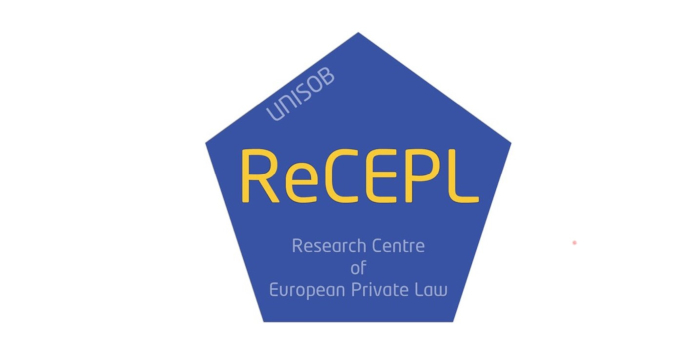User Performance Assessment/Measurement in XR
ORGANIZED BY

Antonio Uva
Politecnico di Bari, Italy

Joseph Gabbard
Virginia Tech, USA
ABSTRACT
Extended reality (XR) technology and authoring capabilities are advancing quickly – moving from University research labs to real-world industrial settings. Indeed, in the next decade it is expected that many occupational settings will leverage XR approaches to improve training and streamline operations. However, to reach this goal, we must be able to effectively design and assess reliable and safe XR user experiences -- requiring a paradigm shift in both how we design and assess XR user interfaces. In terms of assessment, the most common approaches to date for XR have been driven by approaches common in the fields of human-computer interaction and human-factors, and have narrowly centered on specific measures such as time-on-task, accuracy (and sometimes mental workload). Given the unique nature of XR experiences, and the fact that XR user interfaces are not the primary task, but instead support real-world (perhaps safety-critical) physical tasks, we must consider a broader set of assessment measures and accompanying measurement technologies and approaches in order to fully understand the impact of XR UI designs on user performance and safety.
TOPICS
Topics of interest for this Special Session include but are not limited to:
- Understanding user behavior while using XR;
- Assessing situation awareness;
- Quantifying Visual attention and glance behavior;
- Appraising and leveraging mental workload;
- Measuring head and body movement;
- Mitigating sim sickness in XR;
- XR safety concerns around balance and gait;
- Managing eye & neck fatigue;
- Considering measures of UX;
- New technologies/approaches to gather physiological measures.
ABOUT THE ORGANIZERS
Antonio Emmanuele Uva is director of the Virtual Reality and Reality Reconstruction Lab (VR3Lab), and Full Professor in Mechanical Engineering at Polytechnic of Bari, Italy. Dr. Uva received his MS from Polytechnic of Bari in 1995 and his Ph.D. degree from the University of Naples in 2000. He serves as invited expert for the European Commission as regards interactive technologies. He published more than 100 papers in various fields as CAD, virtual prototyping, human-computer interaction, virtual and augmented reality, industry 4.0 and bioengineering.
Dr. Joseph L. Gabbard is director of the COGnitive Engineering for Novel Technologies (COGENT) Lab and Associate Professor of Human Factors at Virginia Tech’s Grado Department of Industrial & Systems Engineering. Dr. Gabbard is also an executive committee member of Virginia Tech’s Center for Human-Computer Interaction; one of the largest, oldest and most diverse centers focused on HCI in the US. Dr. Gabbard received his PhD and MS in computer science from Virginia Tech; both his Masters thesis and Doctoral dissertation focused on usability of VR and AR systems respectively. Dr. Gabbard’s research focuses on the connections between user interface design and human performance; and specifically the development of techniques to design and evaluate novel user interfaces for augmented reality technologies and virtual environments. Gabbard has been a pioneer in usability engineering with respect to applying to, and creating methods for, new interactive systems for close to 25 years. With funding from a variety of sources, he has developed several innovative methods for performing designing complex interactive systems and assessing their usability and impact on human performance, and disseminated this work in over 100 publications.


















